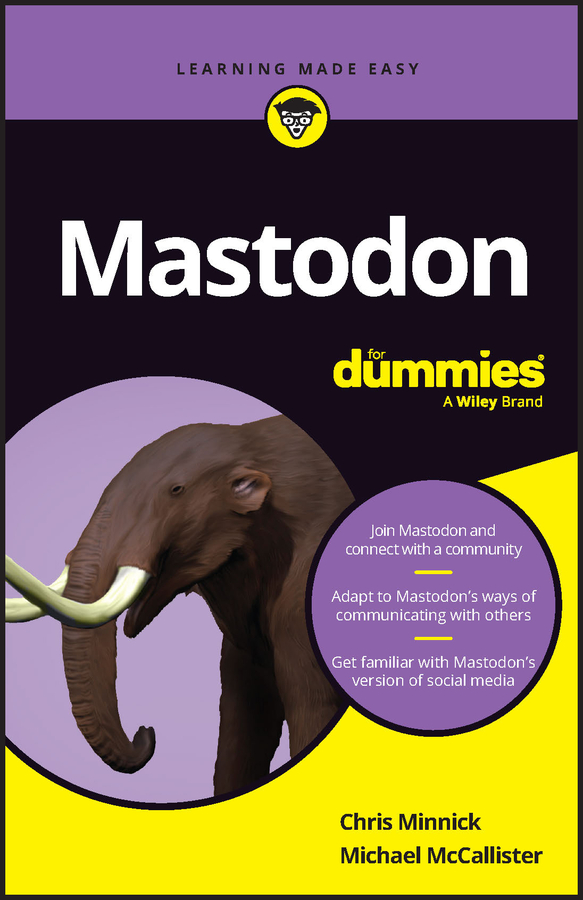In November of 2022, I, like many others, began looking at alternative social media sites to Twitter. With it’s purchase by Elon Musk and the changes which began to degrade the service and push it to the extreme far right, I wanted to find a place where I could continue to have intelligent and fun discussions while sharing about the activities I loved.
While there are other options in the social media world, many of them are closed garden systems owned by a single person or corporation, usually with profit in mind and/or questionable privacy practices. I wanted to find a place which was truly community focused and open. This is how I discovered the Fediverse and, by extension, Mastodon.
Mastodon has some similarities to Twitter, as it is a micro blogging site which limits the size of each post. Unlike Twitter, Mastodon is not centralized like most social media sites. Instead, there are many Mastodon servers, called instances, each with its own membership, focus, and community rules. Mastodon users can see one another on different servers as they are federated with one another, hence the term “Fediverse”.
While I was able to make the transition from Twitter to Mastodon with little issue, some of my friends who gave Mastodon a try were discouraged by some of the difficulties they encountered when trying to set up their accounts and profiles. Fortunately, there is a great resource to help new Mastodon users make their way in this brave new world, the book Mastodon For Dummies.
Chris Minnick and Michael McCallister put together an excellent guitde for both first time Mastodon users and those who have been on the platform for some time but want to know about features they may not have discovered yet. The book is organized to walk you through selecting a Mastodon home server, signing up for an account, using the service, and configuring the various settings available to us. Each section features easy to follow steps as well as accompanying screen shots depicting the processes.
The book is an easy read, as well as a quick one at 160 pages. You can read from start to finish or use the book as a reference, looking up sections specific to your needs at the time. Regardless, Mastodon For Dummies lives up to the standards and the tradition of the Dummies series, and is a book I highly recommend, either for yourself or for your friends looking to learn more about Mastodon and it’s benefits.



